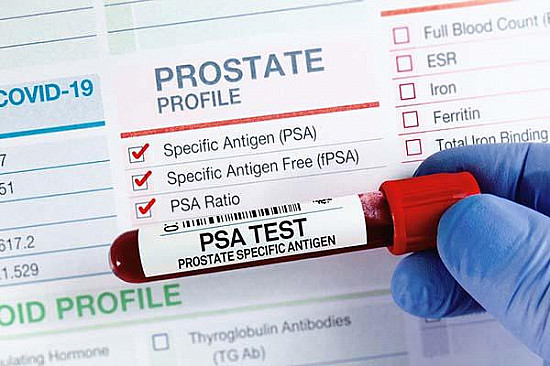Lycopene and tomatoes: No shield against prostate cancer
Men who have been adding lycopene, a nutrient found in tomatoes, and other carotenoids to their diet in the hopes of staving off prostate cancer might want to reconsider. According to a study published in September 2007, which included almost 2,000 men in eight countries, carotenoids such as lycopene do not cut the odds of prostate malignancy. While researchers found that high levels of carotenoids could reduce by 60% the risk of an existing tumor progressing to advanced-stage prostate cancer, they noted that carotenoids had no effect on the rate of localized, early-stage disease.
The finding on advanced-stage cancer contradicts two other recent reports. A study reported in May 2007 yielded no proof that lycopene affects the risk of developing prostate cancer, including advanced-stage disease. FDA researchers examined 81 studies on lycopene and concluded in a July 2007 report that none offered any credible evidence to support a relationship between consumption and the risk of prostate cancer. They also reviewed 39 studies on tomato consumption and found limited evidence to support the notion that tomatoes and tomato-based products can trim risk.
Sources: Key TJ, Appleby PH, Allen NE, et al. Plasma Carotenoids, Retinol, and Tocopherols and the Risk of Prostate Cancer in the European Prospective Investigation into Cancer and Nutrition Study. American Journal of Clinical Nutrition 2007;86:672–81. PMID: 17823432.
Peters U, Leitzmann MF, Chatterjee N, et al. Serum Lycopene, Other Carotenoids, and Prostate Cancer Risk: A Nested Case-Control Study in the Prostate, Lung, Colorectal, and Ovarian Cancer Screening Trial. Cancer Epidemiology, Biomarkers and Prevention 2007;16:962–68. PMID: 17507623.
Kavanaugh CJ, Trumbo PR, Ellwood KC. The U.S. Food and Drug Administration’s Evidence-Based Review for Qualified Health Claims: Tomatoes, Lycopene and Cancer. Journal of the National Cancer Institute 2007;99:1074–85. PMID: 17623802.
Originally published April 2009; last reviewed February 24, 2011.
About the Author
Disclaimer:
As a service to our readers, Harvard Health Publishing provides access to our library of archived content. Please note the date of last review or update on all articles.
No content on this site, regardless of date, should ever be used as a substitute for direct medical advice from your doctor or other qualified clinician.















